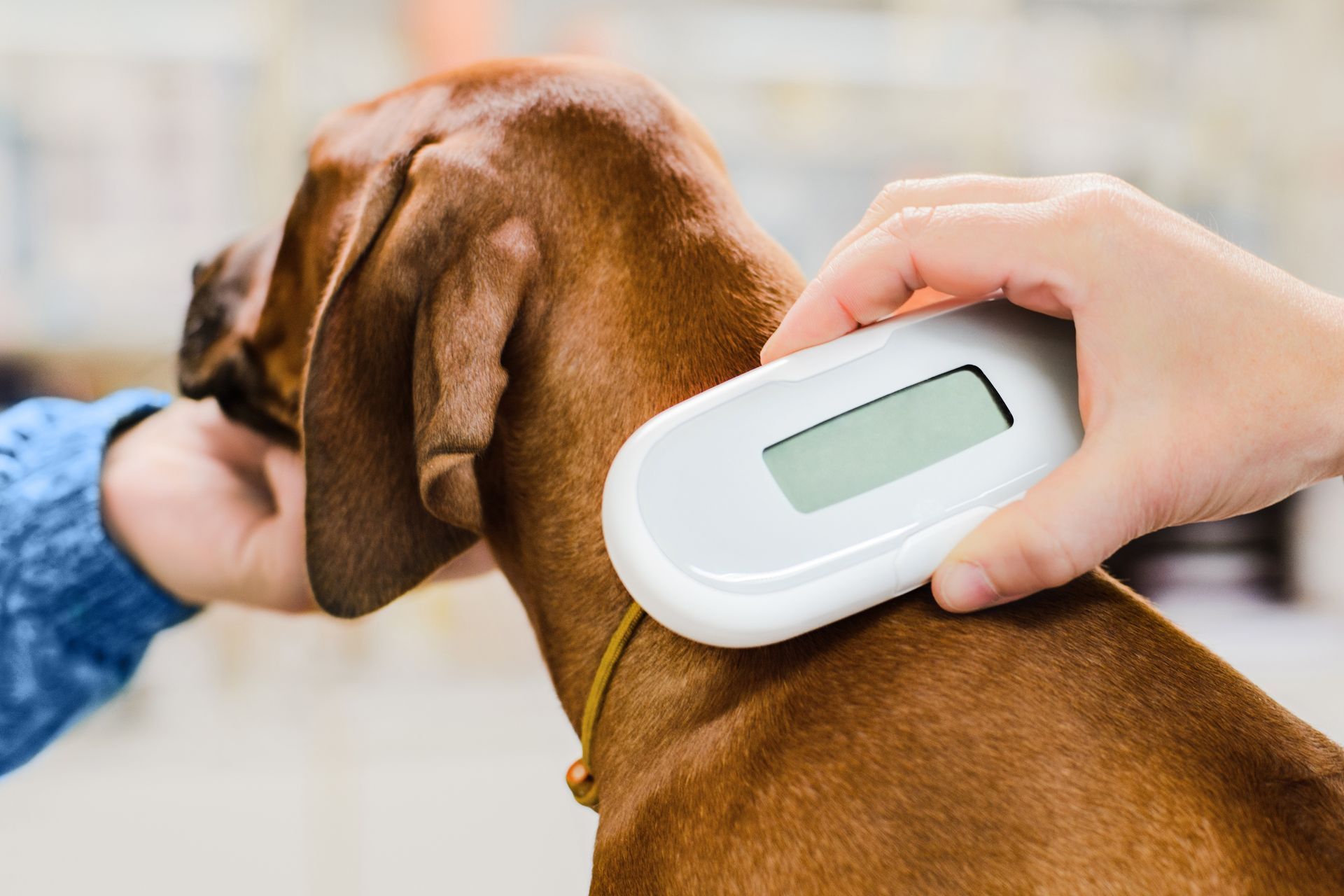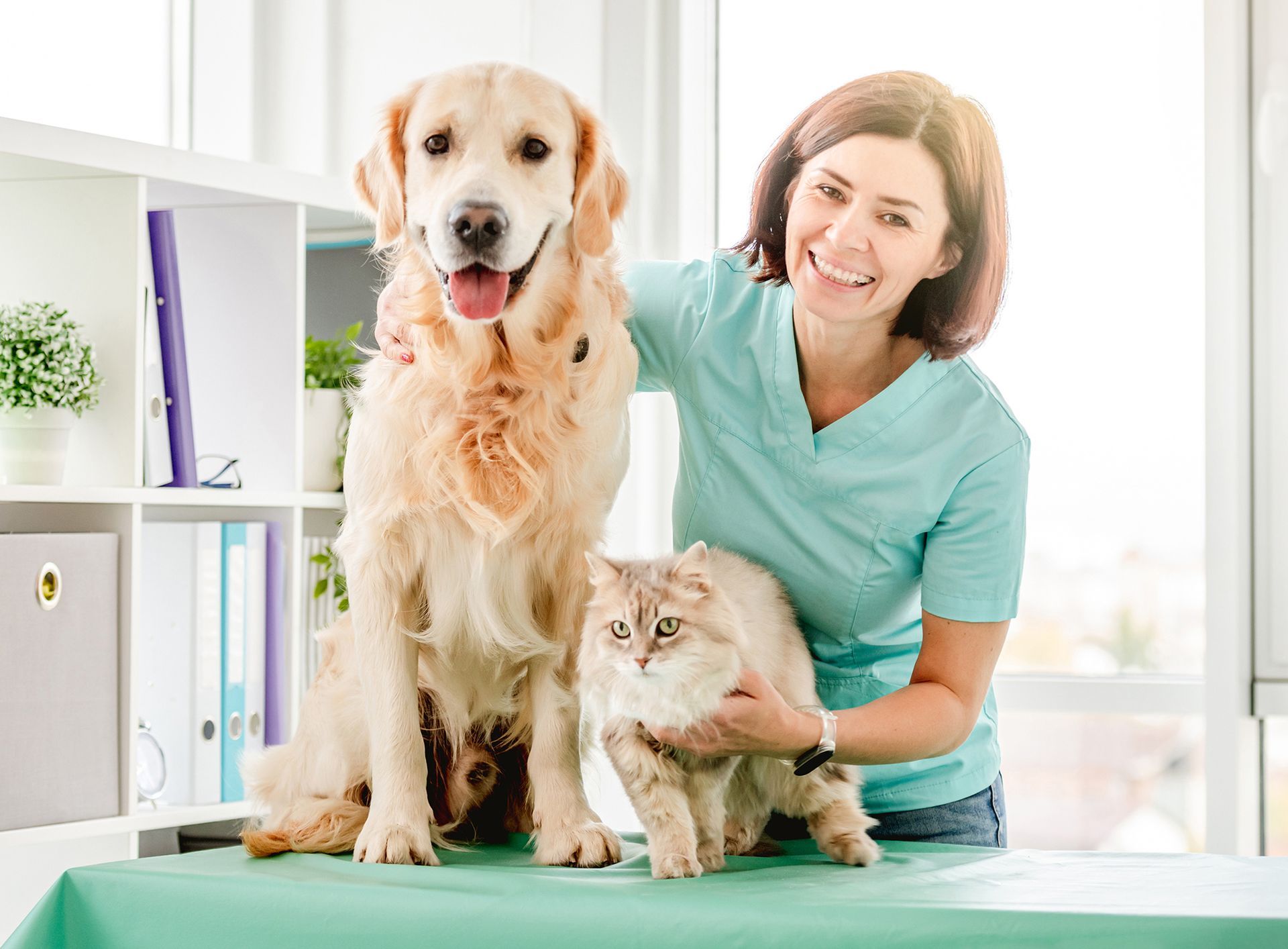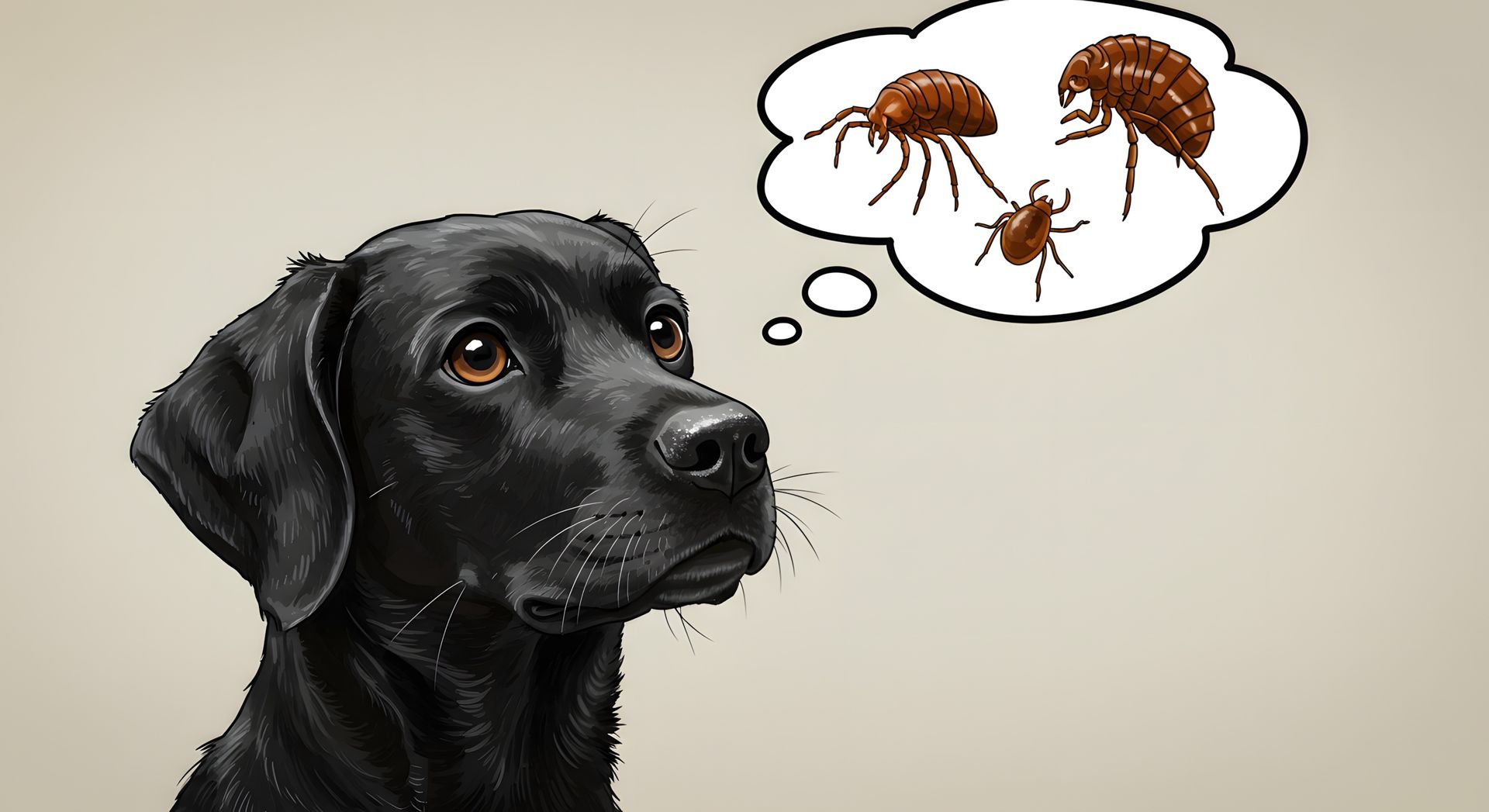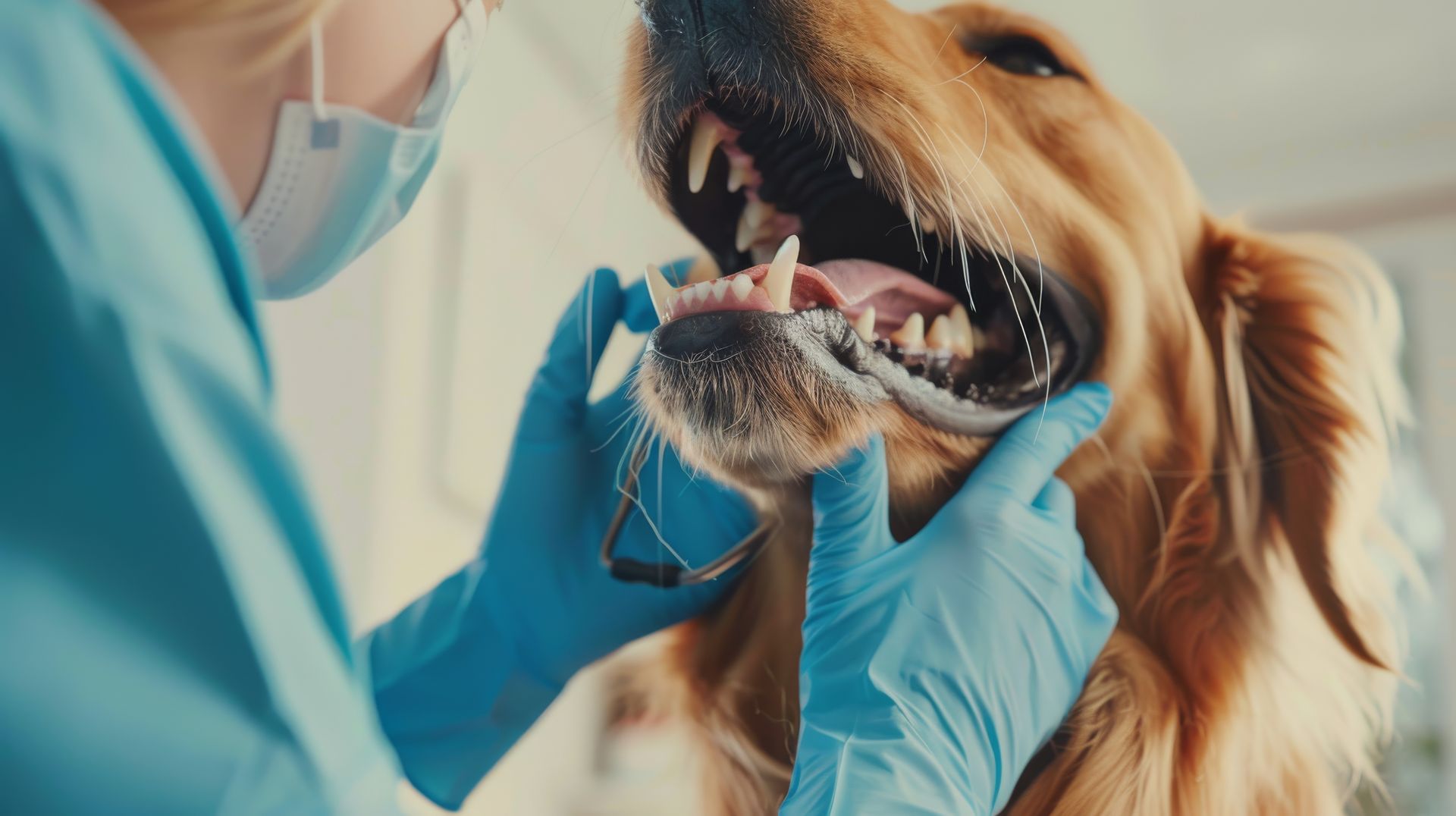Are Cicadas Safe for Pets to Eat? A Veterinary Insight
As summer approaches and cicadas begin to emerge in various parts of the country, many pet owners may find their furry friends intrigued by these noisy insects. While it’s natural for pets, especially dogs, to chase and even snack on these bugs, it's important to know whether cicadas are safe for pets to eat. At Castle Hills Animal Hospital, we are dedicated to providing you with comprehensive pet health information. Let’s delve into the effects of cicadas on pet health, what precautions you should take, and when to consult your veterinarian.
Understanding Cicadas
Cicadas are insects known for their prominent emergence every few years and their loud mating calls. They belong to the order Hemiptera and spend most of their life underground as nymphs, emerging only to reproduce. There are several species of cicadas, which broadly fall into two categories: annual cicadas and periodical cicadas.
Are Cicadas Toxic to Pets?
Generally, cicadas are not toxic to pets. These insects do not possess venom, nor are they known to carry any diseases that can transfer to dogs or cats. However, this doesn’t mean they are completely safe. The exoskeleton of a cicada is made of chitin, which is difficult for pets to digest and can cause gastrointestinal upset.
Potential Health Risks of Cicadas for Pets
- Digestive Issues: The hard exoskeleton of cicadas can irritate the stomach lining if ingested in large quantities, potentially leading to vomiting or diarrhea.
- Allergic Reactions: Some pets may be allergic to cicadas. Signs of an allergic reaction can include excessive itching, swelling, or difficulty breathing.
- Choking Hazard: Particularly for smaller pets, cicadas can pose a choking hazard. Their size and hard body can get lodged in the throat of small dogs and cats.
How to Keep Your Pets Safe During Cicada Season
- Supervision: Keep an eye on your pets when they are outdoors, especially in areas where cicadas are plentiful. This can help prevent them from eating cicadas.
- Training: Train your pets to come when called and to leave cicadas alone if they find them. Using commands like “leave it” can be very effective.
- Manage Accessibility: Try to keep your pets away from areas where cicadas are dense. During peak cicada season, consider shorter or more supervised trips outside.
When to Contact Your Vet
If your pet has eaten cicadas and shows signs of distress such as persistent vomiting, diarrhea, or an allergic reaction, it is crucial to contact your veterinarian immediately. Additionally, if you suspect your pet is choking on a cicada, seek emergency veterinary care without delay.
Conclusion
While cicadas are not toxic, they can cause some health issues in pets. With the proper precautions, you can ensure that your pets enjoy a safe and healthy summer, even during cicada season. Always keep a close eye on your pets’ interactions with these insects and consult with your veterinarian at Castle Hills Animal Hospital if any health concerns arise.
Remember, our team is here to assist with any questions or concerns about your pet’s health. Don’t hesitate to reach out or visit our practice for guidance and professional care.











